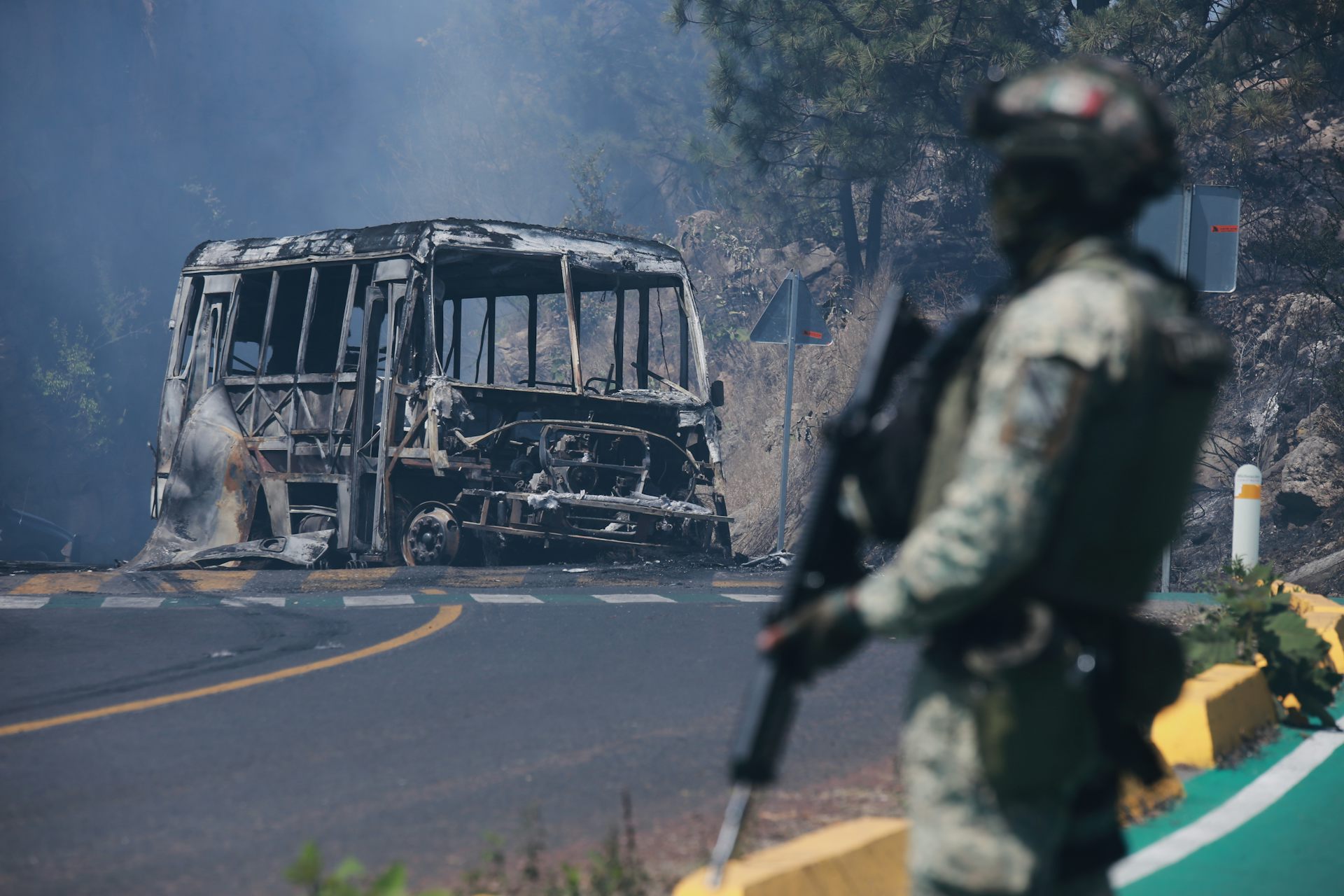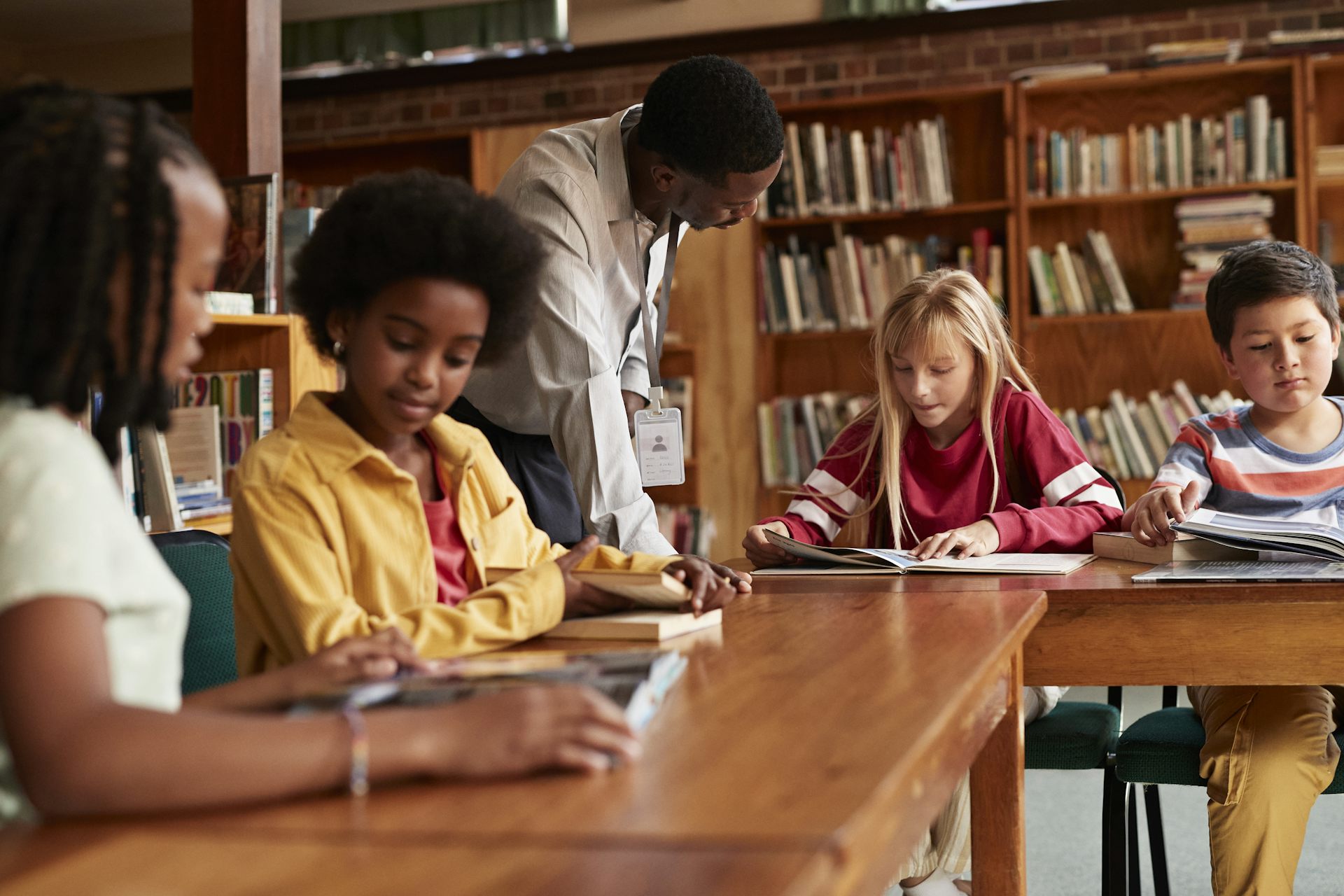Puerto Rico votes on statehood: Polls and protests
Some Puerto Ricans voted, but most stayed home amid a looming financial debt crisis and political protests. Will this vote matter?
Will the vote matter?
Charles R. Venator-Santiago, University of Connecticut
The 2017 Plebiscite for the Immediate Decolonization of Puerto Rico was held on June 11. This is the fifth vote on the political status of Puerto Rico since the United States annexed the island in 1898.
Only 23 percent of the 2,260,804 registered Puerto Rican voters participated. This is in stark contrast to the last plebiscite held in 2012 – in which 1,363,854 people, or 78.19 percent of registered voters, cast a ballot.
This year’s results were as follows:
The statehood option received 502,616 votes, or 97.18 percent of the votes cast.
The sovereignty/independence option received 7,779 votes, or 1.5 percent.
The current territorial status option received 6,821 votes, or 1.32 percent.
Moreover, this plebiscite was not authorized or certified by the U.S. Department of Justice or Congress, which throws its impact into question. Although the U.S. DOJ did not offer any reasons for not certifying the plebiscite, the most likely reason is a dispute over the language of the ballot, which was the subject of a memorandum the DOJ sent to the governor of Puerto Rico in April.
Given the low voter turnout and the failure of the U.S. DOJ to certify the plebiscite, Congress is likely to ignore the outcome of this vote – much as it did in 2012.
Voters fail to turn out
Carlos Vargas-Ramos, City University of New York
The overwhelming majority of eligible voters in Puerto Rico chose not to participate.
The June 11 vote brought out the second-lowest turnout rate of all electoral contests conducted in Puerto Rico since 1967. This is unusual in a political system in which turnout in general elections has ranged between 78 and 89 percent of registered voters. Three of the four political parties that participated in the elections of November 2016 called for a boycott of this plebiscite – which seems to have had a large impact.
Moreover, the low turnout in this plebiscite follows on the heels of another historically low-turnout election in 2016, in which only 55 percent of voters turned out. The results from these elections are but a reflection of not simply the economic crisis Puerto Rico is facing, but of the political crisis it is facing as well.
Calls for protest and action
Jossianna Arroyo, University of Texas Austin
Many who boycotted the vote believed the plebiscite’s cost – more than US$8 million – neglects the needs of citizens living in precarious economic conditions in Puerto Rico.
After Puerto Rico declared bankruptcy in 2006, the government entered into a process of “debt analysis” and arbitration, directed by a financial control board appointed by President Obama. The board recommended, among many measures, to cut US$300 million to $500 million from the Puerto Rican state government budget. That would mean a 30 percent cut to the administrative budget of the University of Puerto Rico.
In March 2017, students, faculty and staff went on strike, closing the gates of the 11 public campuses on the island.
Many Puerto Ricans view the government as subservient to this board, some representatives of which have been connected to Wall Street. Critics feel these board members may be motivated by a desire to make money, or threaten the island’s sovereignty. While students and faculty protests continue, all campuses are now opened and classes resumed. Still, the fate of the University of Puerto Rico is not clear. Faculty, students and staff are taking matters into their own hands.
On May 24, representatives of the Board of Students met with members of the Financial Control Board to present a plan to negotiate debt and build a possible consensus for an open and democratic university, which will be able to continue as the top-rated public institution on the island. It was the first time the Financial Control Board met with a collective of citizens. The students believe that the promise of a more democratic future for Puerto Rico will not happen via traditional polls or call to the electorate, but with an active mobilization of all citizens.
The authors do not work for, consult, own shares in or receive funding from any company or organization that would benefit from this article, and have disclosed no relevant affiliations beyond the academic appointment above.
Read These Next
Why ICE’s body camera policies make the videos unlikely to improve accountability and transparency
For body cameras to function as transparency tools, wrongdoing would have to be consistently penalized,…
Honoring Colorado’s Black History requires taking the time to tell stories that make us think twice
This year marks the 150th birthday of Colorado and is a chance to examine the state’s history.
When civil rights protesters are killed, some deaths – generally those of white people – resonate mo
From the civil rights era of the 1960s until today, white victims of government violence have received…






